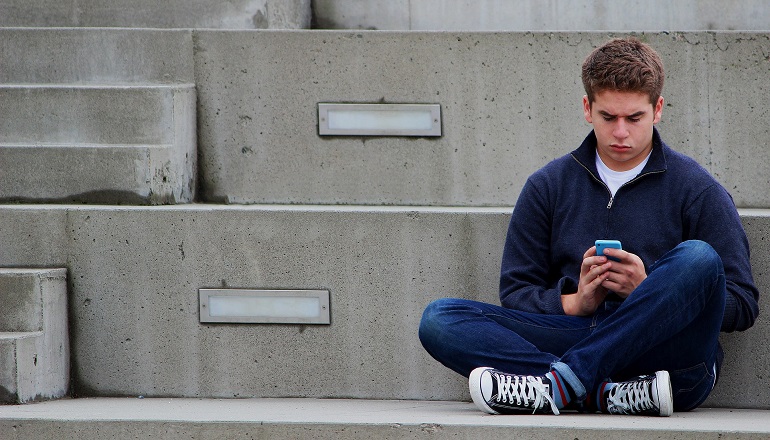“Adopted Teen Arrested,” the newspaper headline reads (never “Birth Teen Arrested”). Is this just another example of sensationalism by the media or do adopted teens get into more trouble than their non-adopted peers?
According to studies, children who are adopted are as well adjusted or as poorly adjusted as are children in general, and adopted teens in general are no more likely than non-adopted teens to get into trouble.
Stereotypes and Prejudices
Yet, as most adoptive families can tell you, the word adopted still has many negative connotations in the larger community and is often linked with emotionally loaded and outdated language like “illegitimate,” “bad blood,” “second choice,” and “unwanted.” Even children placed at birth are sometimes assumed to have learning and behavior problems. In addition, adopted children are often viewed as being ungrateful to their adoptive parents—a particularly annoying misconception since it is only as adults that most people, adopted or not, can fully understand what their parents did for them.
Unfortunately, schools are places that our children may encounter these prejudices about adoption. For educators who have not had much experience with the wider range of adoption issues, an adopted child may stand out. For example, within the evaluation process, a child who is having trouble may be identified as being adopted. The fact of adoption, however, generally is not identified when a child is succeeding or excelling.
Similarly, for teens who act out, trauma, separation, loss, and adjusting to a new family may be considered contributing factors to current problem behavior. But teens who are reaching goals and receiving positive attention usually don’t have adoption counted as a factor in their positive adjustment.
For some people, teens who are adopted differ from other children in a key way that often is not openly acknowledged: Their sexuality. The stereotype of adoption includes a young, promiscuous couple who do not take responsibility for their child. Some people expect adopted teens to emulate birth parents sexually. Adoptive parents, especially those parenting boys and children of color, say that their children are welcomed when they are young, but when they reach adolescence, barriers go up, subtly or openly.
Adoptive parents need to be prepared for some of these antiquated prejudices. They also have to prepare their teens and be able to empathize with experiences their teens may be having that are not familiar from their own adolescence. Parents need to guard against the common mistake of telling their child, “I understand how you feel,” when what they mean is “I understand why that made you feel bad. I feel bad because you were hurt.”
What Parents Can Do
A good way for parents to raise these issues with their teens is to get a copy of adoption educator and author Pat Johnston’s “Positive Adoption Language.” Many teens may be struggling with negative connotations about adoption but may not know how to handle incidents involving negative language. For teens who have already internalized negative connotations about adoption as somehow being their fault, discussion of positive adoption language may help them understand the stereotypes, misconceptions, and prejudices they have encountered.
Being a teenager is a difficult job, probably as difficult as being the parent of a teenager. Parents and teens alike face social stigmas about adoption. Sharing some of these, crying, getting angry, and laughing together about them are ways to grow closer.



